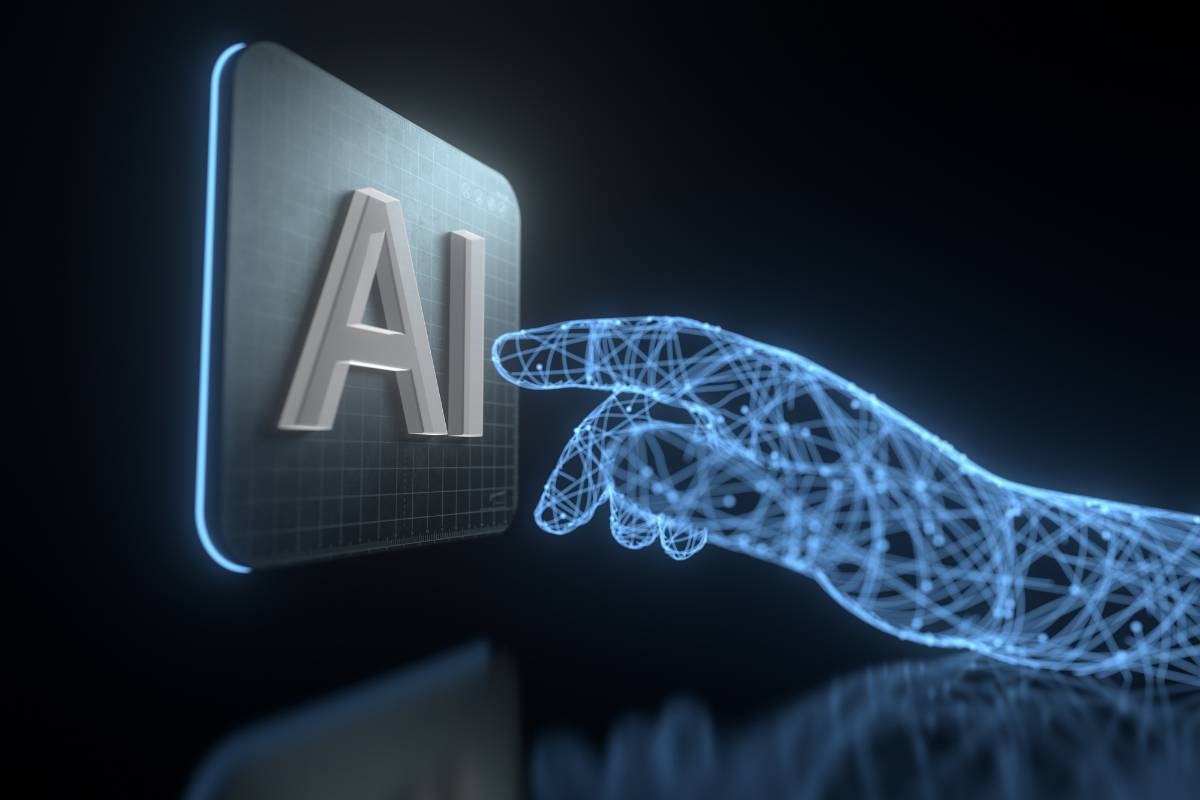Artificial Intelligence (AI) has been transforming our lives in impressive ways over the past few decades. From automating simple tasks to creating complex algorithms that aid in medical diagnoses, AI is everywhere. However, the next big leap in technology is what is called Artificial General Intelligence (AGI), a form of AI that could theoretically perform any intellectual task that a human being is capable of performing. But what are the implications of reaching this point? And what are the challenges and benefits that this will bring to humanity?
What is Artificial General Intelligence?

Unlike narrow AI, which is designed to perform specific tasks, Artificial General Intelligence would be able to learn, adapt and perform any task that a human can do. In other words, an AI could not only beat humans at chess, but also write novels, develop scientific theories and even take care of children.
AI would not be simply a highly specialized system, but rather an entity with the capacity to reason, understand and learn in any domain. This represents a major step forward, as it would mean the creation of machines that could think independently and creatively, adapting to new and unknown situations.
Challenges in the Development of AI
Despite the promises, achieving Artificial General Intelligence is a major challenge. Currently, most AI systems, despite already achieving incredible feats, are extremely limited in their application. They can be trained to perform specific tasks very effectively, but fail outside of these domains. One of the main challenges is the need for a deep and integrated understanding of the world, something that humans acquire over years of diverse and complex experiences.
In addition, there is the ethical challenge. How can we create AI that respects human values and does not become a threat to society? The issue of control and safety is central, as an uncontrolled AI could make decisions that would not be compatible with human well-being. Another major challenge is the lack of a software architecture that can accommodate such a vast and complex system. Current computing power is still far from providing the power needed to simulate a complete human brain, let alone surpass it.
Potential Impacts and Benefits
If these challenges are overcome, Artificial General Intelligence could bring unimaginable benefits. For example, an AGI could solve complex problems that are currently beyond human reach, such as curing incurable diseases, predicting natural disasters with high accuracy, or even exploring space more efficiently.
In addition, in theory, an AGI could transform the global economy, automating virtually all tasks and allowing humans to focus on creative and highly complex activities. Global productivity could reach levels never seen before, with a significant impact on global quality of life.
João Luz, CTO of the startup NoBotz.ai, a platform that automates processes through Artificial Intelligence, comments: “I am curious and excited about the advances we are seeing in the field of AI. While we have made significant progress in the development of artificial intelligence in recent years, the challenges to achieving AI are vast. One of the biggest hurdles is ensuring that AI can interpret and learn from broad and diverse contexts with the same flexibility and adaptability as humans. In addition, there is growing concern about creating robust control and ethics mechanisms to prevent the misuse of this technology. The coming years will require a global effort in research, collaboration and regulation to balance the benefits of this innovation with the risks it may pose.”
However, it is also important to consider the potential social implications. Large-scale automation could lead to mass unemployment, requiring a complete restructuring of economies and social systems.
A Future of Opportunity and Uncertainty
AI represents one of the greatest challenges and, at the same time, one of the greatest opportunities in human history. The race to develop this technology is just beginning, and its implications are vast and complex. If we can overcome the technical, ethical and social hurdles, we could be on the cusp of a new era of prosperity and innovation. However, it is essential that this journey is treaded carefully, ensuring that AGI is a force for good and not a threat to our collective future.

 English
English  Português
Português











